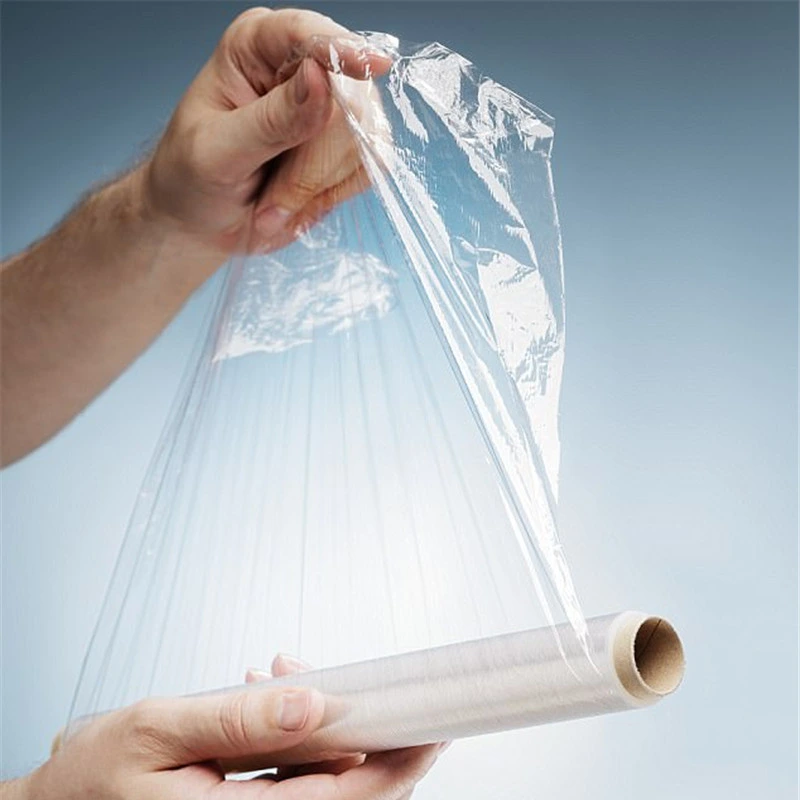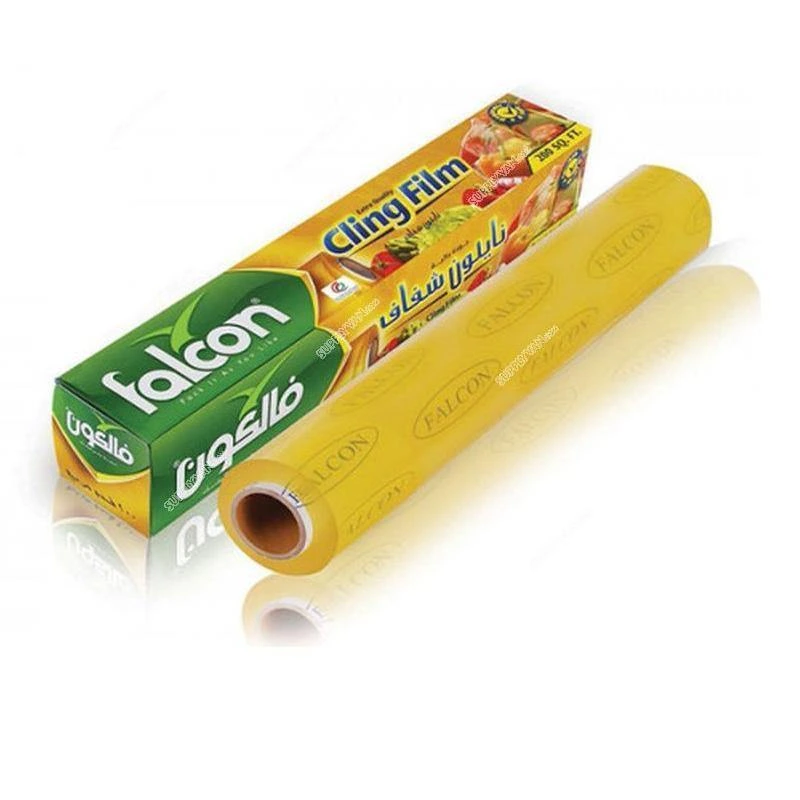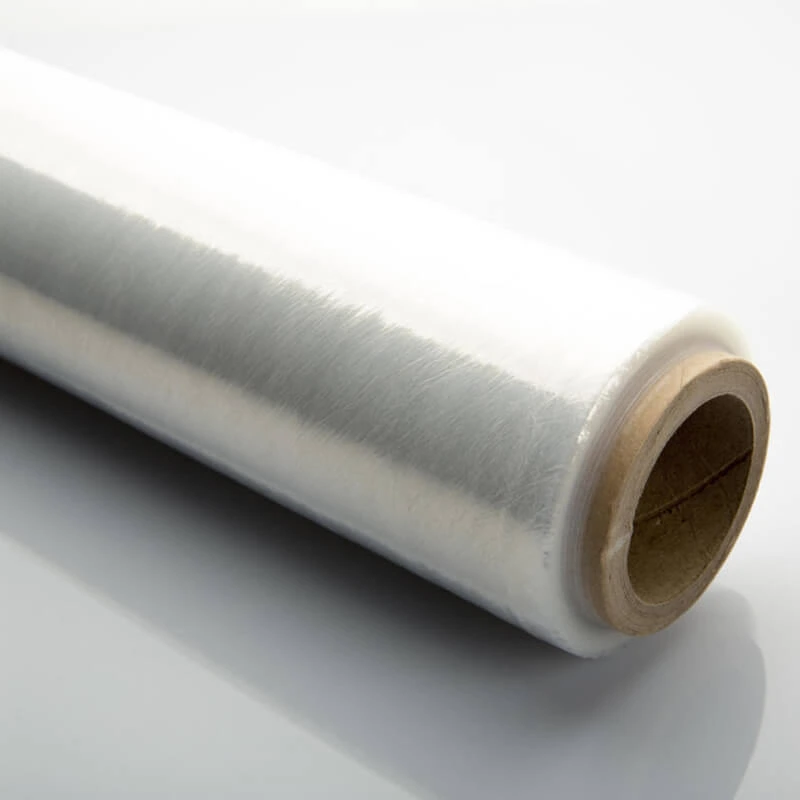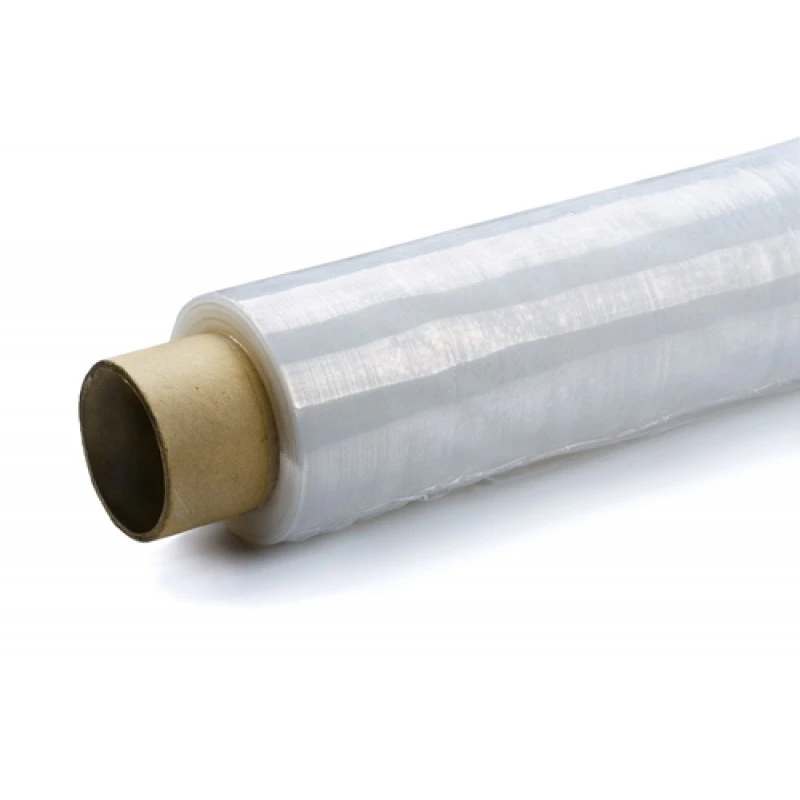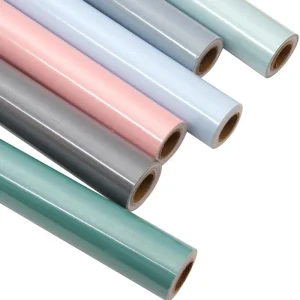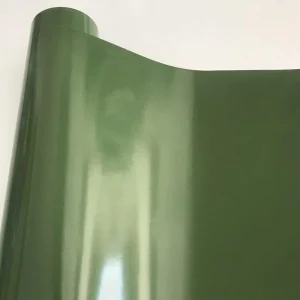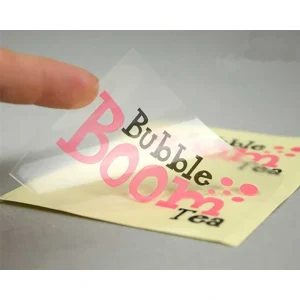Custom Cling
Custom Clings are versatile, removable adhesive graphics that stick securely to glass and smooth surfaces without leaving residue. Made from premium vinyl or static cling material, they’re fully customizable in size, shape, color, and design—perfect for retail windows, promotions, branding, and seasonal displays. Easy to apply, reposition, and remove, custom clings offer a professional look with zero mess. Ideal for storefronts, events, offices, and more.
Request A Quotes!

Product Details
Custom Clings: Removable Branding with High Impact
Looking for a mess-free, flexible, and visually striking way to promote your brand, sale, or message? Custom clings offer a high-impact, low-commitment solution. These removable decals adhere to glass and smooth surfaces using static cling or low-tack adhesive, making them perfect for temporary signage, seasonal promotions, branded displays, and more.
Whether you’re updating your store window for a new campaign or personalizing an office space, custom clings give you the freedom to change visuals quickly—without damaging surfaces or leaving residue behind.
Key Features & Benefits
-
Residue-Free Application: Easy to apply and remove without adhesive mess
-
Reusable Options: Static cling materials can be reused multiple times
-
Durable & Weather-Resistant: Made from high-quality vinyl for indoor and outdoor use
-
Custom Sizing & Shapes: Tailored to your dimensions and design needs
-
Vibrant Printing: High-resolution, full-color graphics that stand out
Customization Options
Our custom cling printing services offer complete creative freedom to match your branding and campaign goals.
Size & Shape
-
Custom cut to any size, large or small
-
Die-cut to shapes like circles, logos, or product outlines
-
Standard rectangles, squares, or contour cuts
Design & Printing
-
Full-color CMYK digital or offset printing
-
Clear, white, or frosted vinyl background
-
Transparent or opaque design options
-
Double-sided clings for interior windows
Material Types
-
Static Cling Vinyl: No adhesive; perfect for smooth surfaces like glass or plastic
-
Low-Tack Adhesive Vinyl: For stronger grip with easy removal
-
Opaque White or Clear Clings: Choose based on design visibility and background
-
UV-Coated Options: For enhanced durability and outdoor use
Industries & Use Cases
Custom clings are a go-to solution for many industries looking to promote, inform, or decorate in a flexible and professional way:
-
Retail Stores: Window displays, sales promotions, store hours
-
Restaurants & Cafés: Menu boards, hours of operation, seasonal offers
-
Real Estate: Property listings on windows or vehicle displays
-
Events & Trade Shows: Temporary branding on booths, glass, or doors
-
Offices & Corporate Spaces: Branding, directional signage, privacy panels
-
Schools & Nonprofits: Temporary signage, fundraising messages, awareness campaigns
Advantages of Custom Clings in Packaging & Branding
Custom clings are a unique and often overlooked element in the custom packaging and promotional branding toolkit. Here’s why they’re so effective:
Brand Visibility
Add a logo, QR code, or call-to-action to store windows or packaging to increase brand recognition and drive engagement.
Reusability
Many cling materials can be removed and reapplied multiple times, offering excellent value for seasonal or rotating promotions.
No Mess or Damage
Unlike permanent adhesives, custom clings leave no residue, making them safe for windows, walls, and packaging.
Cost-Effective
A budget-friendly solution for temporary campaigns, clings can be ordered in bulk as wholesale custom clings for better pricing.
Frequently Asked Questions (FAQs)
Q1: What’s the difference between static cling and adhesive cling?
Static cling uses static electricity to stick to surfaces, while adhesive clings use a low-tack, removable adhesive. Both are easy to apply and remove.
Q2: Can I reuse my custom cling?
Yes! Static clings are designed for multiple uses if properly cared for. Just clean the surface and the cling before reapplying.
Q3: Do you offer custom sizes and shapes?
Absolutely. We can produce clings in virtually any size or shape to match your design or product needs.
Q4: Are custom clings suitable for outdoor use?
Yes. We offer weather-resistant materials with UV protection that perform well outdoors for short-to-medium term use.
Order Your Custom Clings Today
Whether you’re a retailer looking to attract more foot traffic, an event organizer needing temporary signage, or a business owner enhancing your branding, custom clings offer a flexible and impactful solution.
👉 Request a free quote or start your order today to bring your brand to life—one cling at a time.
Free Creative design
We offer a wide range of customizable packaging solutions tailored to meet your specific needs.
Eco-Friendly Materials
Our commitment to sustainability means we use eco-friendly materials in all our packaging products.
Free Delivery
Enhance your cosmetic brand with our custom packaging solutions that showcase your quality and sustainability, all with free delivery to your doorstep.
Fast Turnaround
Our efficient processes guarantee quick turnaround times without compromising on quality.
Competitive Pricing
We offer competitive pricing without sacrificing the quality of our packaging solutions.
Exceptional Customer Service
Our dedicated customer service team is always ready to assist you with any inquiries or concerns.

